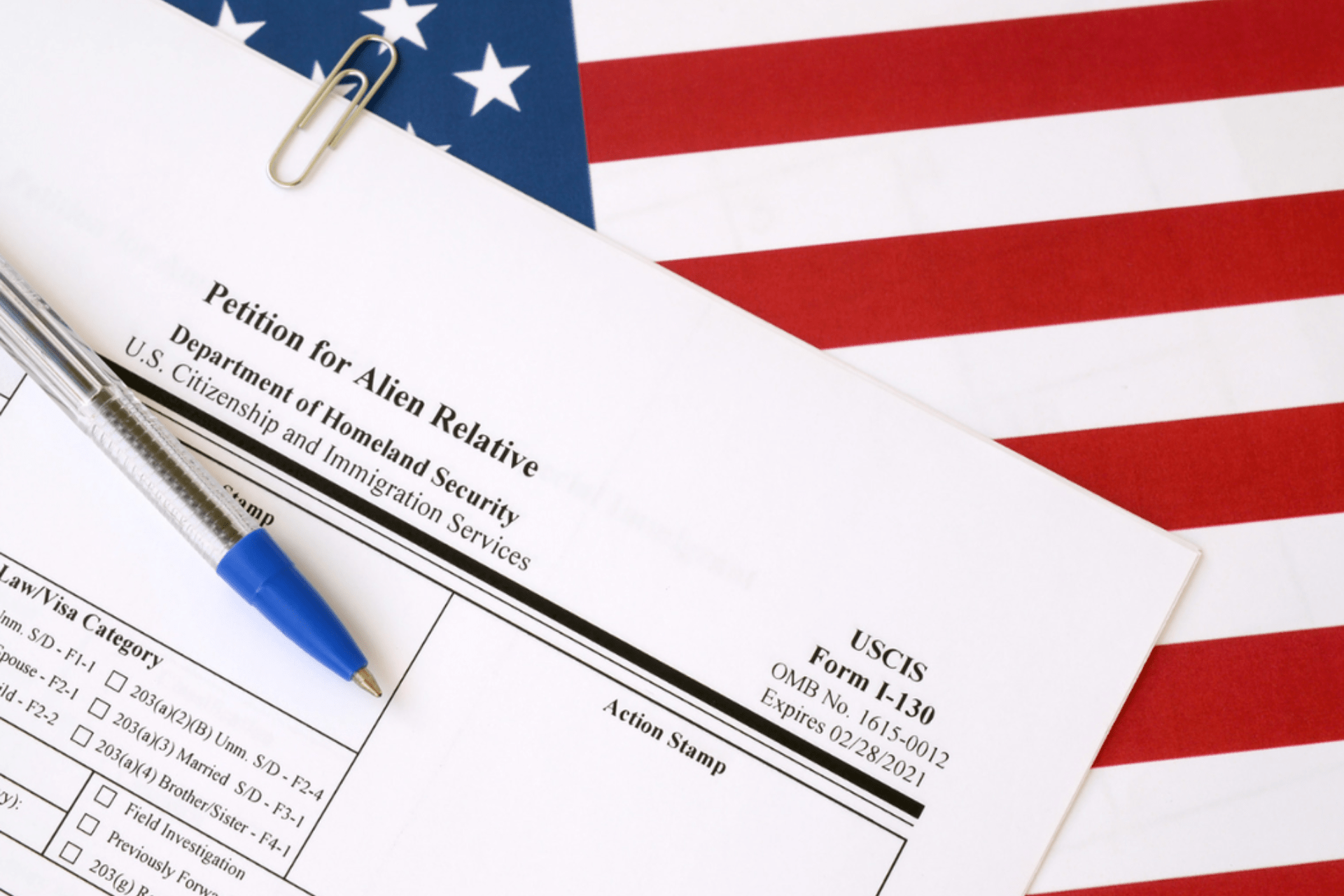The Citizenship and Immigration Services Ombudsman (CIS Ombudsman) made a formal recommendation to improve the process for filing Form I-130, Petition for Alien Relative, which is used for family-based immigration petitions. These recommendations were sent to U.S. Citizenship and Immigration Services (USCIS) to help prevent delays after the form is approved.
Right now, people who want to sponsor a family member for legal permanent resident (LPR) status file Form I-130. Once USCIS approves the form, the family member must either adjust their immigration status at a U.S. embassy or consulate abroad or apply for an immigration visa. If they are adjusting status, USCIS keeps the approved form, but if they apply for a visa, USCIS sends the form to the Department of State’s National Visa Center (NVC) for processing at consulates abroad. However, the process can be confusing, which has led to thousands of cases being misrouted.
The CIS Ombudsman, USCIS, and the Department of State have worked together to fix the main issues. USCIS has updated its policy to allow officers some flexibility in deciding where to send approved I-130 forms when the next step isn’t clear. But there are still problems, such as unclear instructions on the form and a backlog of unresolved petitions.
The CIS Ombudsman has made several recommendations to improve the process, including:
- Update Form I-130 and its instructions to make them more clear
- Use conditional logic for the online form to improve response accuracy
- Add a self-service tool in petitioners’ online accounts to make it easier to request transfers and process approved petitions
- Give the NVC a tool to request and receive USCIS-approved petitions
- Provide solutions for beneficiaries with misrouted petitions
Since 2021, the CIS Ombudsman released two informal proposals on this issue. By statute, this formal recommendation requires USCIS to respond within three months. To learn more about past recommendations, visit the CIS Ombudsman website. The office helps individuals and employers solve immigration-related problems.
As always, if you have questions about family-based immigration or any U.S. immigration-related issue, contact us. Our clients work directly with attorneys to ensure they get expert advice every step of the way. We take great pride in ensuring our clients are informed throughout the process.

